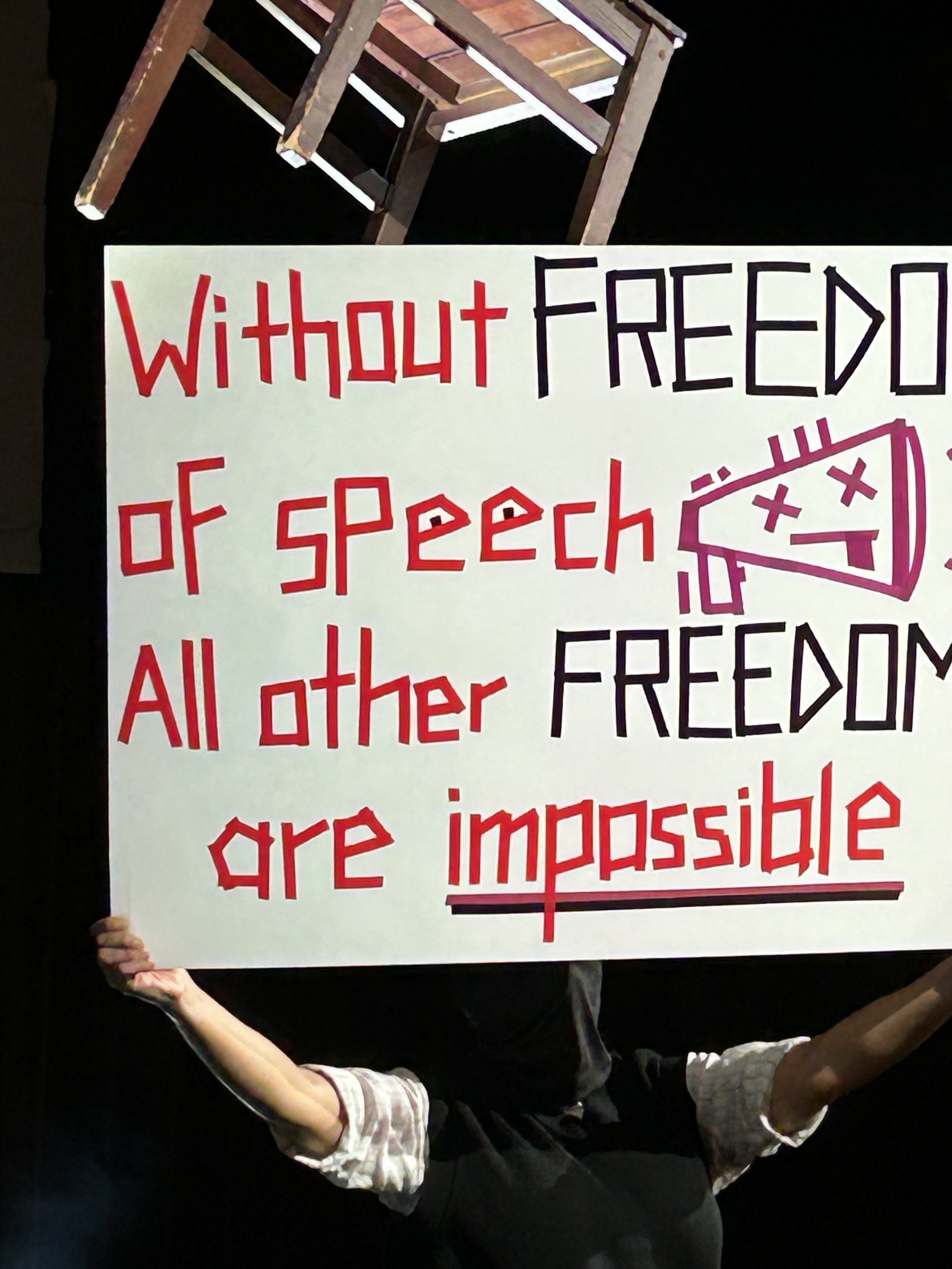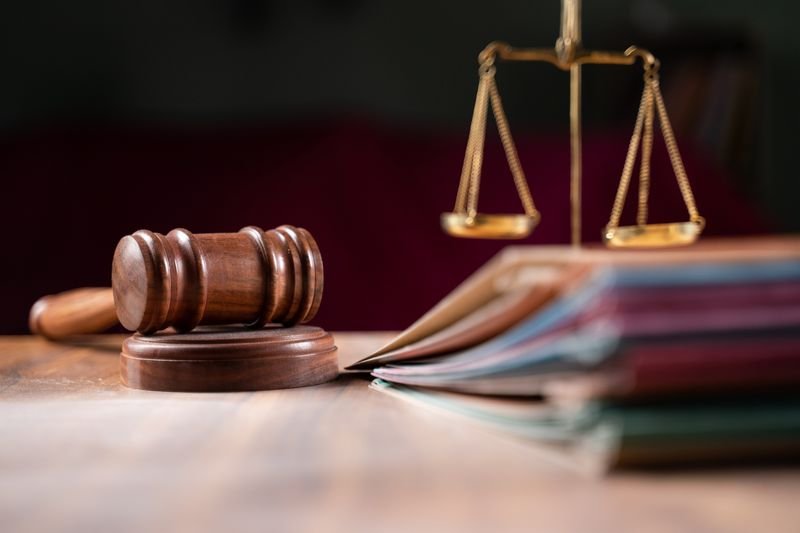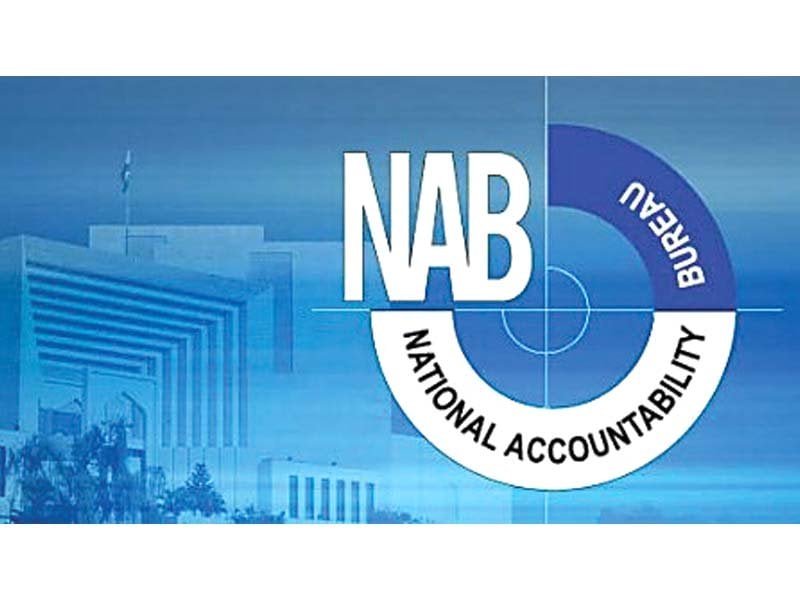
Constitutional Legitimacy
This amendment was never about creating a more responsive and accountable judiciary, but one that could be more easily managed by a hybrid regime that is insecure about its own future. Divested of pretence, it must be called for what it truly is: an instrument of guarantee.

On Secrets
The OSA gives legal cover to the executive to label anything as secret information and prevent its disclosure. It is irrelevant whether this information may, for example, expose government corruption or misconduct. Insulating the state from accountability and transparency – two hallmarks of democracy.

The Suo Motu’s Integrity Problem
My argument is that the Supreme Court’s power to take suo motu notice, as it is currently practiced, is difficult to justify from either a rule of law perspective, or, from the standards of democratic governance. And for this reason, I think it is time we gave serious consideration to arguments concerning the merits of judicial restraint and a reform of the powers of the Chief Justice of Pakistan.

Senate Reform
If the PTI is serious about making a better Senate then it should bring together a cross-section of experts and parliamentarians to provide recommendations on this issue. This is something that both the opposition and the government need to work together on if they want to end the cycle of horse-trading that continues to cheapen our democracy.

Trump’s Last Stand
Constitutional principles regarding the separation of powers would become meaningless rhetoric if such attacks resulted in zero accountability. Principles that should be above partisan politics. The gravity of Trump’s actions merits a conviction in the Senate, a conviction that shows bipartisan support for higher constitutional values.

Judicial Power Play
We have to ask: why does the judiciary keep getting into these questions? The answer seems to lie in the popularity it has attained and the headlines it has generated. We have reached the unenviable milestone of creating a populist judiciary.

The Hammer
For the dissenting voice in Pakistan, the coloniser never left.
Their instruments for curbing political dissent are always kept within arm’s reach by a state whose insecurities know no fundamental rights, no morality, and no limits.

The Black Box
In numerous judgments, the Supreme Court of Pakistan has stressed the need for transparency, accountability, and objective decision-making by all other institutions of government. Yet, the appointment process for High Court judges lacks all three elements.

The Reference: Part 2
In twin judicial opinions, Justice Mansoor Ali Shah and Justice Baqar have gone further than the majority judgment in highlighting the illegal actions pursued by the federal government in their quest to depose Justice Isa.

The Reference: Part 1
Justice Isa — according to the Supreme Court — committed no act that would amount to misconduct. The judgment clarifies that the President, Prime Minister, and Law Minister had no basis in law or fact to justify letting the genie out of the bottle.

Orthodoxy
Today, any state that wishes to call itself a democracy, in its true liberal sense, adheres to the fundamental right of freedom of expression — a human right protected by Article 19 of the International Covenant on Civil and Political Rights which Pakistan has also committed to in the form of Article 19 of its Constitution.

Principles of Accountability
Legitimacy depends on fairness. People believe in court decisions if they are seen as the outcome of a fair process. That faith is lost when the process appears rigged in favour of one side so that outcomes become foregone conclusions. NAB’s powers are both structured, and exercised, in a way that gives the impression of selective accountability. The NAB Ordinance must be repealed, and a new system, one that respects due process, the dignity of every person, and the rule of law, needs to be enacted.

The Rule of Law & Hierarchy
The consequences of having a system where the law perpetuates existing power structures is of course the further reproduction of hierarchy. And thus, the law, dreamt to protect all, protects only a few. The rest of the country is made completely dependent on this small minority.

The 18th Amendment & The Supreme Court
The judiciary continues to prefer, regardless of parliamentary intent, an old centralised model. The model that the 18th Amendment wanted to expunge from the Constitution. In doing so, it is creating a jurisprudence at odds with the document they are tasked with protecting. Either the judiciary must correct its course or parliament must step in before there is nothing left of the 18th Amendment to save.

The Annual 18th Amendment Debate
Critics of the 18th Amendment should understand that the PTI did not win the Sindh government. As per our Constitution, that means the province has autonomy no matter how much this may frustrate the Centre. To tear down the 18th Amendment on this basis is ludicrous. It would put individual rule on a higher pedestal than institutional development.
Did the JUI-F Commit Treason?
An allegation of treason should not be made lightly. Especially not by the prime minister of a country against a political opponent. It takes away from the gravity of the only criminal offence proscribed in the Constitution of Pakistan. It also equates a political opponent with this country’s rogues’ gallery of past authoritarian rulers.
A Monopoly Problem
Today the world recognises that economic power wielded by monopolistic corporations must be resisted through state intervention. A monopoly by itself may not be evil, but the abuse of monopoly power often is. The necessity for control gave birth to what we call competition or antitrust law.
The Trial of Donald J. Trump
From an objective lens, it is clear that Trump should be removed from office. However, we cannot lose sight of the fact that the Senate is controlled by Republicans led by Mitch McConnell. McConnel did not mince words in indicating his intent to protect Trump, whatever the cost. This would of course mean violating his oath as a Senator, but that hardly seems to matter in a polarised Congress

The Verdict
Whether or not the former dictator will be punished is irrelevant. What is relevant is the symbolic precedent that has been established. For even though posterity may not remember paragraph 66, it will remember that on December 17, 2019, this nation, after prolonged experiments with dictatorship, decided that the use of force to override our constitutional values was treason.
Absolute Discretion
The rule of law is an ideal, but it is an ideal we should be striving for rather than moving away from. Our institutions do not seem to view the law as supreme rather they view the law as an unnecessary hurdle. An impractical quagmire of technicality that gets in the way. If we allow for this thinking then it leads to those in power believing that they are above the law. That is a state we must avoid at all costs.